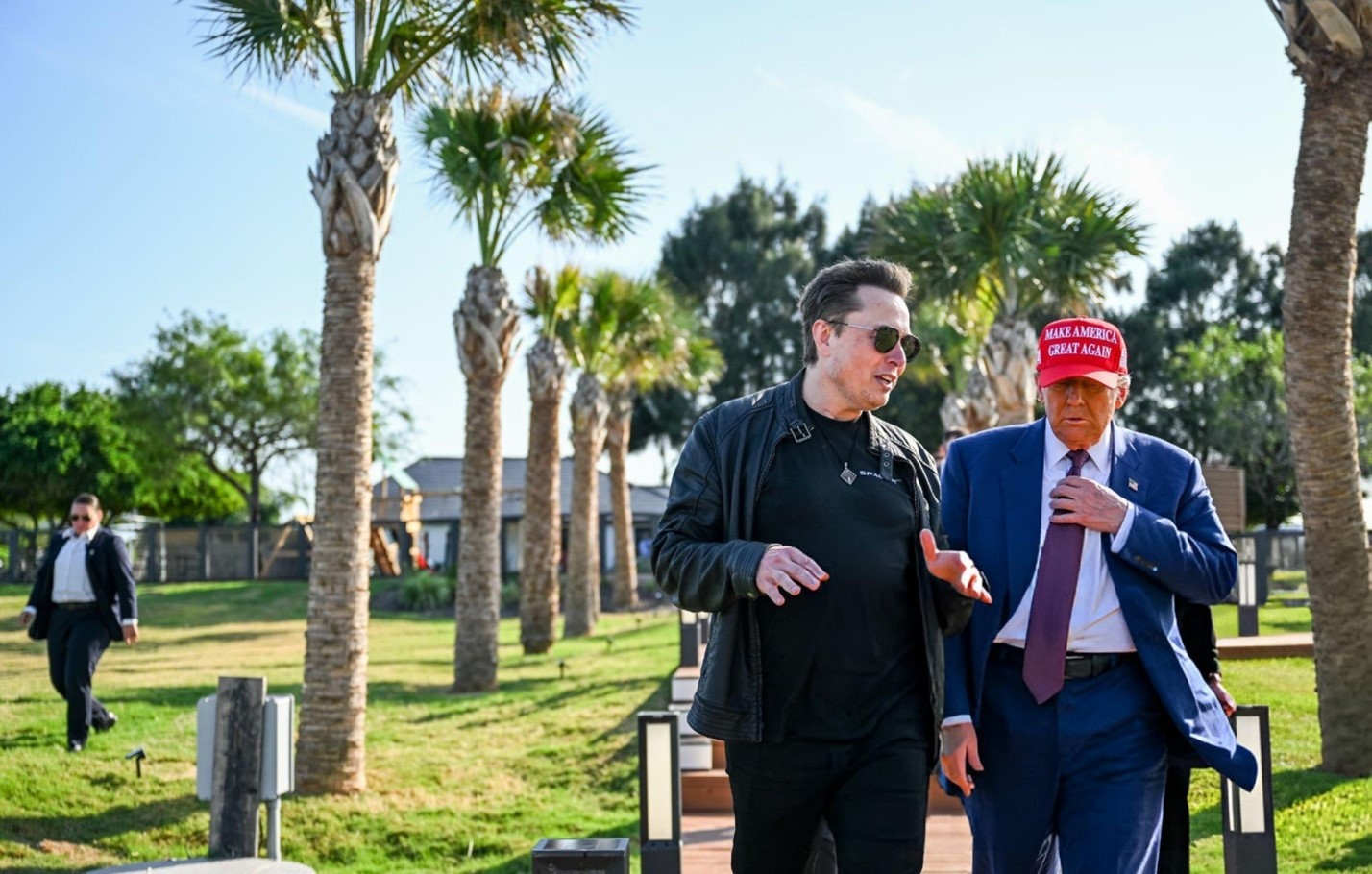As Donald Trump prepares to take office for his second term as U.S. president, young British Muslims are expressing deep concerns about the rise of Islamophobia and the growing influence of figures like Elon Musk, billionaire entrepreneur and Trump ally. Zara Mohammed, the outgoing secretary-general of the Muslim Council of Britain (MCB), described this as a “deeply challenging time” for the community.
Ms Mohammed, who made history as the MCB’s first female and youngest leader, warned of the “normalisation of far-right figures” and the polarising political climate. Speaking to the PA news agency as her four-year term concludes, she noted increasing hostility on social media platforms, particularly Musk-owned X (formerly Twitter).
“It’s so hostile,” Ms Mohammed said. “The kind of vitriol we’re seeing – smearing of Pakistani and Muslim communities, using child grooming to politicise and demonise us – it’s deeply worrying. The influence of Musk and the growing platforming of figures like Tommy Robinson and Nigel Farage push the boundaries of acceptable discourse, feeding anti-Muslim sentiment.”
The tech mogul’s involvement in U.S. politics, paired with his controversial commentary on UK issues such as grooming gangs, has heightened anxieties. Musk’s expected role in Trump’s administration underscores fears of a globally emboldened far-right agenda.
Islamophobia and political disengagement
Ms Mohammed highlighted the riots following last summer’s Southport stabbings as one of the most distressing moments during her tenure. “I could not believe mobs were trying to destroy mosques, attack Muslims, and refugees. The arson and violence were devastating,” she said.
She also criticised the UK government’s ongoing policy of non-engagement with the MCB, which dates back to 2009 due to allegations of support for Hamas by a senior MCB figure at the time. Although ties were briefly restored in 2010, successive governments have maintained a distance.
“The non-engagement policy is a disservice to future generations,” Ms Mohammed remarked. “We’re working hard to foster integration and build bridges, yet we’re often treated as a security and immigration issue rather than as equal citizens.”
The Labour Party also supports the policy, with Minister Alex Norris confirming in August that there are no plans to meet with the MCB. In contrast, Ms Mohammed called for “meaningful partnerships” between the government and organisations like the MCB to tackle the surge in hate crimes and Islamophobia.
Challenges in the current climate
The polarisation caused by the Middle East conflict and ongoing anti-immigrant rhetoric further complicates matters. Ms Mohammed observed, “On one hand, we’ve made progress and are more integrated, but the national narrative often paints us as outsiders.”
Far-right figures such as Tommy Robinson continue to amplify anti-Muslim sentiments, while Nigel Farage’s rhetoric skirts the line of legality, fuelling Islamophobia and anti-refugee attitudes. Ms Mohammed fears these trends will worsen under Trump’s leadership in the U.S., potentially legitimising similar narratives in the UK.
She also addressed the increasing prevalence of online hate, noting that many young Muslims avoid platforms like X. “It’s not just toxic – it’s dehumanising,” she said, adding that social media plays a significant role in normalising hostility towards Muslims.
Hope for change
Despite the challenges, Ms Mohammed remains optimistic about the resilience of British Muslims. She stressed the importance of advocacy, collaboration, and community-led initiatives to counter Islamophobia and build a more inclusive society.
As her term ends, Ms Mohammed urged the UK government to reconsider its stance towards the MCB and to focus on fostering a sense of belonging for all communities. “We cannot let young British Muslims feel abandoned by their own government,” she said. “This is a pivotal moment for us to stand against division and hatred.”
A government spokesperson reiterated their commitment to tackling all forms of racial and religious hatred but declined to comment on the policy of non-engagement with the MCB.
For British Muslims, the road ahead remains uncertain, marked by a pressing need to address growing Islamophobia and ensure that inclusivity triumphs over division.







